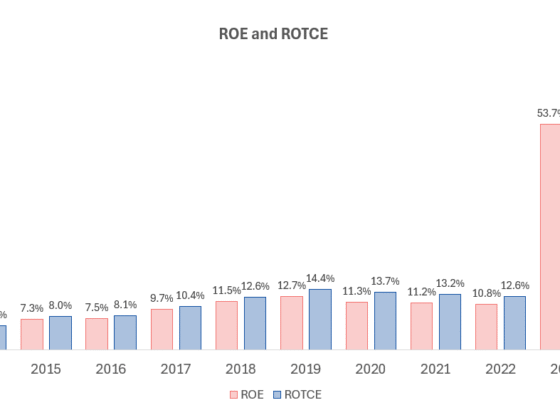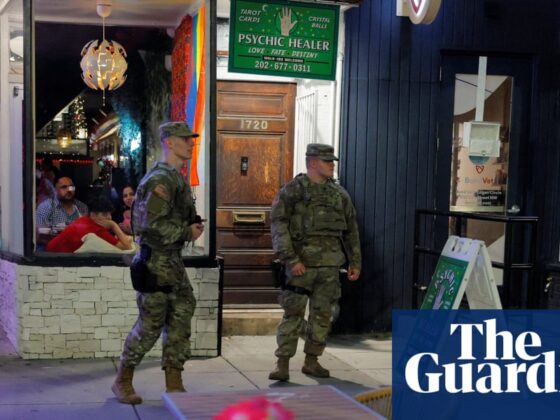If you’re buying a new laptop or pair of shoes today, you may encounter a host of payment options: a credit or debit card, PayPal, Apple Pay, or buy now, pay later plans.
Soon, you could see another option at checkout: stablecoins.
President Trump recently signed the Guiding and Establishing National Innovation for US Stablecoins Act, or GENIUS Act, establishing federal regulations for stablecoins. Many observers believe that by establishing clear rules, lawmakers have paved the way for cryptocurrency to go mainstream as a means of payment.
Even if you’ve never dabbled in crypto, the new law could change the way you shop, send money, get paid, and bank.
Stablecoin is a form of crypto, meaning it’s digital money that runs on a blockchain network. But it’s a bit different from many mainstream cryptocurrencies.
Many popular cryptos like bitcoin and ethereum are notorious for their wild price swings. That volatility makes them popular with investors seeking to profit from those ups and downs. But it also makes them impractical to use as currency.
As the name implies, stablecoins are intended to have a stable value. Their value is pegged to the value of another asset, usually the US dollar. For example, one token of tether or USDC (two of the most popular stablecoins) is worth exactly $1.
Because its value doesn’t have the dramatic highs and lows associated with most cryptos, it’s a viable way to pay for goods and services or transfer funds. At the same time, it also avoids a lot of the headaches associated with traditional banking.
“Many traditional cards charge merchants 2% to 3% in fees, a cost that is ultimately passed on to consumers,” said Himal Makwana, senior vice president and head of strategy and new initiatives at Fidelity National Information Services Inc. “Stablecoin transactions, on the other hand, can cost just pennies regardless of transaction size. For consumers, this means no more waiting days for funds to clear, no more exorbitant fees for sending money abroad, and no more banking hours limiting when you can move your money.”
Even before the passage of the GENIUS Act, stablecoins were surging in popularity. Circulation has doubled to about $30 billion in daily transactions over the past 18 months, according to a July 2025 McKinsey & Co. report.
But stablecoins still aren’t a fixture in consumer payments and spending. They’ve largely been used for trading into and out of other types of crypto and, to a lesser extent, sending payments across international borders.
Read more: Stablecoins go mainstream after Circle's blockbuster IPO. Here's what they do.













